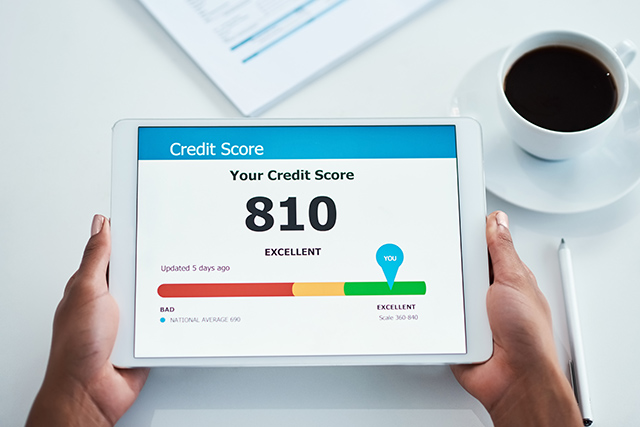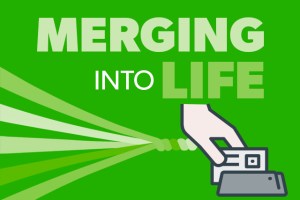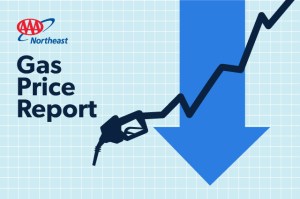Your credit score provides potential lenders with an easy way to evaluate your creditworthiness. A high credit score can open a lot of doors, such as buying a car or house. A low score, on the other hand, can make your goals harder to reach.
Not knowing what affects your credit score is akin to trying to ace an exam for a class you never took. With that in mind, let’s take a refresher course on what does and doesn’t affect this all-important number.
What Does Affect Your Credit Score
Payment History
Five main factors affect your credit score, but none hold more weight than your payment history. This category shows lenders whether or not you’ve paid past credit balances on time, including those for credit cards, mortgages, and student and car loans. It also takes into consideration factors such as how overdue late payments were, the amount of money still owed and how much time has passed since any delinquencies.
Credit Utilization
Credit utilization refers to the percentage of available credit you’re using. For example, if you have a $10,000 monthly credit card limit but only put $1,000 worth of charges on the card that month, you would have a credit utilization rate of 10%. (Remember, having credit and using credit are two different things.) It’s recommended to keep your rate below 30%, but the lower the better.
Credit History Length
Generally, the longer your credit history, the better. This is especially true if you have a strong payment history. It proves to lenders that you’re likely to continue such behavior in the future. Credit history length includes items such as the age of your oldest and newest accounts, and the average age of all your accounts.
Hard Credit Inquiries
Whenever you apply for a new line of credit, the lender will request to see your credit report in order to determine your eligibility. This is what’s known as a “hard inquiry.” Each hard inquiry will cause a temporary drop in your credit score that usually only lasts for a few months.
Credit Mix
It’s good to have a mix of revolving credit, such as credit cards, and installment credit, such as mortgages, car loans and student loans. Credit mix doesn’t have a huge impact on your credit score, however, so you can still have a high score without having both credit types on your report.

What Doesn’t Affect Your Credit Score
Shopping for Low Interest Rates
As mentioned above, applying for a loan, mortgage or credit card will trigger a hard inquiry by the lender, negatively impacting your credit score. Shopping around for lowest interest rates will require multiple inquiries over a short period of time. Fortunately, credit bureaus will recognize you’re simply applying with multiple lenders in order to compare rates and treat it as a single inquiry.
Checking Your Credit Score
Requesting your own credit report results in what’s known as a soft inquiry, which has no impact on your credit score. You’re entitled to one free annual credit report from each of the credit bureaus – Equifax, Experian and TransUnion. During the COVID-19 pandemic, these companies are offering free weekly online credit reports.
Getting Married
Your credit score is yours and yours alone, even after you get married. If your spouse has bad credit prior to your marriage, it won’t impact your score after you tie the knot. That said, it will affect your ability to open any type of joint account, and if said account becomes delinquent, it will appear on your credit report.
Your Income or Bank Balance
How much money you have and are bringing in play important roles in your financial life, but are not reflected in your credit score. Meaning, you won’t have a high credit score simply because you have a high-paying job or hefty savings account, and vice versa. And in turn, any changes to these numbers decreasing won’t affect your credit score.
Note that although you won’t find income or bank balance information on your credit report, lenders will often take these into consideration when deciding if and how much credit to award you.
Using a Debit Card
Debit cards are linked to your own personal bank accounts, so when you use them to pay for something, you’re using money you already own. Since no lender is extending you credit, debit card use has no effect on your credit score. Debit cards can help prevent you from spiraling into debt the way credit cards can. However, since they are not reported to credit agencies, they also can’t help you build credit.
Being Denied Credit
If you are denied a line of credit, it likely means your credit score is less than ideal. However, the actual act of being turned down doesn’t lower your score. There will be a slight dip when the lender requests a hard inquiry into your score, but that’s all.
Learn about all the ways AAA and Discover can help you handle your financial needs.
12 Thoughts on “What Does and Doesn’t Affect Your Credit Score”
Leave A Comment
Comments are subject to moderation and may or may not be published at the editor’s discretion. Only comments that are relevant to the article and add value to the Your AAA community will be considered. Comments may be edited for clarity and length.

















What if I cancel a credit card? Any effect on my credit score? I have heard rumors that cancelling a credit card will have a negative impact on credit scores.
Hi Alan, thanks for the question. One of the factors affecting credit scores is the average age of all your accounts. Closing an account may drop that average and could have an impact on your credit score. However, the age of your credit accounts makes up a rather small percentage of your overall score.
Credit (FICO) scores only measure your debt. Debt payment history, debt owed, how long one has been in debt, new debt and types of debt. It is an antiquated system which needs to be revamped. Just keeps the populous owing money. Many who pay their bills on time and in full get dinged. This nonsense of needing five open lines of credit to raise your score is ridiculous. Many who owe no one have a debt score lower than those who owe everyone. One’s ability to pay should be the driving criteria. All my real property, cars, truck, SUV, boat, and motorcycle were purchased for CASH. Credit cards paid monthly only for the big three to encourage me to either pay my current cards in monthly installment, get a loan on high ticket items or take out a new credit card and pay it in installments. Just plain silly…!!!
Thanks, Byron. That’s exactly right. It should be based on the ability to pay. Experian is the only one I’ve dealt with. They pick up what I pay online but they don’t pick up the checks or auto pays. I tried using Boost – I only managed to get my electric bill on but now I can’t get into Boost. I’ll add that when I try to look, Experian tells me to connect to my bank which I do but the bank will only let them look for a minute or two and then it logs off. It’s nuts!!!
I pay my rent via a check to the landlord. I also pay my gas and electric via check. I had signed up for Experian thru AAA and they can’t seem to get it right. My score is fair. I have a credit/debit and 1 secured credit card (I had the bank secure it) for any emergency. My car insurance is automatically deducted. I’m not putting myself into debt just for a credit score yet that’s all anyone seems to look for. So – now what?
If I don’t activate a card I applied for will that effect my credit score?
Yes, even though by no fault of my own a new card issued due to fraudulent charges made, it dropped my credit score 24 points that month. A very draconian drop in my opinion.
I’ve never checked my credit score as I have no computer, use my smartphone which doesn’t have the protections a computer does. I’m certain I have a very good score, no late payments, no debt. How can I SAFELY check on this.
I’m amazed at how hair-trigger the credit agencies can be. I pay all of my credit card balances in full each month; I haven’t paid interest on a credit card in over 30 years. If I have a balance of say, $400 on a particular card, it affects my credit score by a point or so, even though the balance was completely paid.
Hi Robert, My credit is at 833 and has been for years. I cannot seem to reach the 850.
I too pay off any credit cards in full. House paid; no other debts; credit record for over 55years; I know that my current rating is excellent, but are extremely curious in what it takes to get the max.
Hi, try to get your revolving credit utilization down to about 3% ( prior to your monthly in full payment) and you’ll see the max. Revolving credit has a much bigger impact and if your credit is pulled prior to your payment it looks like outstanding debt. I had the max for about 3 months this year. It’s possible!
My FICO score is 810, My CreditWise score (Capital One) is 820, and my CreditJourney (Chase) score is 822. I think the Fair Issac score is the one that’s used the most; I have no idea who would use the others.